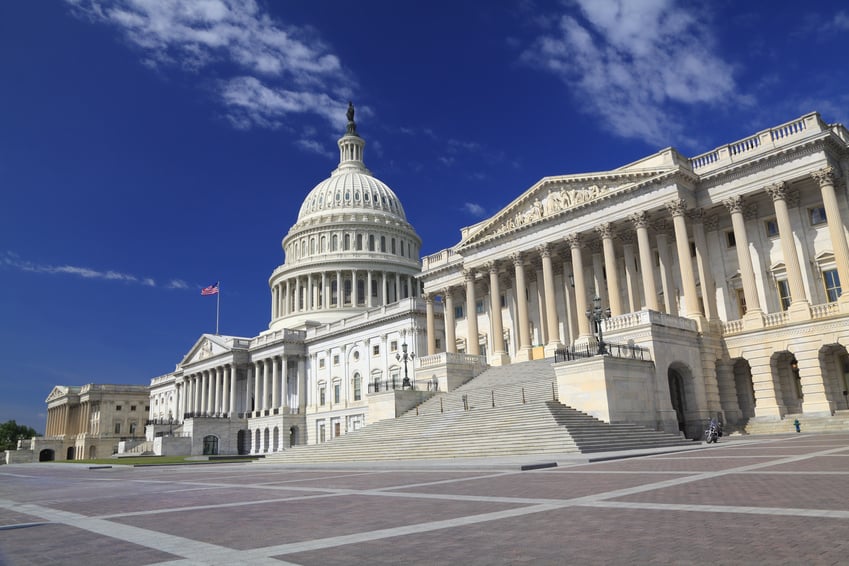On November 1, 2021, the US Department of State’s Directorate of Defense Trade Controls (“DDTC”) issued a final rule amending entries for Ethiopia and Eritrea in the International Traffic in Arms Regulations (“ITAR”). These changes supplement the sanctions imposed on both countries under Executive Order 14046, “Imposing Sanctions on Certain Persons With Respect to the Humanitarian and Human Rights Crisis in Ethiopia,” which was signed by President Biden in September 2021. Our previous blog post on those sanctions can be found here. The new final rule codifies a policy of denial for export licenses for defense articles and services for “the armed forces, police, intelligence, or other internal security forces” in both countries.
The final rule adds Ethiopia to Section 126.1(n) of the ITAR. Although the US Commerce Department’s Bureau of Industry and Security has not yet made a corresponding change to the Export Administration Regulations (“EAR”), this addition to ITAR Section 126.1 adds Ethiopia to Country Group D:5 in Supplement No. 1 to EAR Part 740. This will result in restrictions on EAR license exceptions when items subject to the EAR are destined to Ethiopia.
The final rule updates Eritrea’s existing entry in the ITAR under Section 126.1(h) codifying a broad policy of denial. DDTC has removed the case-by-case licensing policy for (i) non-lethal military equipment intended solely for humanitarian or protective use, as approved in advance by the relevant committee of the UN Security Council and (ii) personal protective clothing, including flak jackets and military helmets, temporarily exported to Eritrea by UN personnel, representatives of the media, humanitarian and development workers, and associated personnel for their personal use only. Eritrea is already in Country Group D:5 in the EAR.
The authors acknowledge the assistance of Ryan Orange with this blog post.



